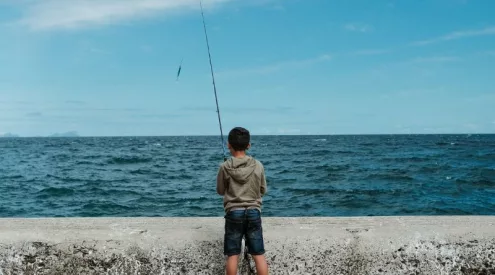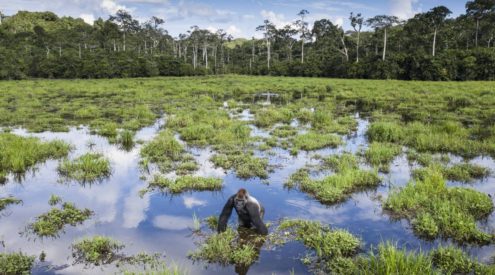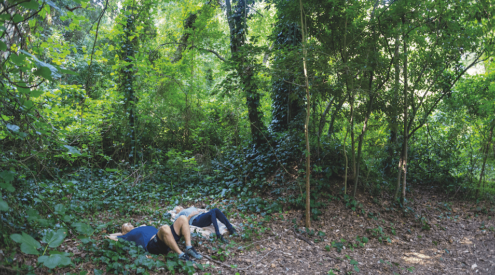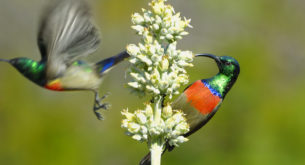Rarity, the baby echidna taken in by the Australia Zoo Wildlife Warriors after its mother was run over by a car, has touched hearts around the world.
Having lost its mother at just 10 weeks old, the puggle needed intensive care and nurturing. Now, almost a month later, the Wildlife Warriors are proud to report she is thriving, and adorable as ever.
‘Rarity the echidna puggle is doing well! Since arriving as an orphan, she has doubled in size and is going from strength to strength. Just weeks old, she requires expert care, so one of our wonderful veterinarians has taken on the responsibility of raising her around the clock!’ they wrote on Facebook.
Take a look at the gorgeous youngster:
What are echidna?
View this post on Instagram
Also known as spiny anteaters, these creatures are egg-laying mammals native to Australia, Tasmania, and New Guinea.
There are two genera of echidna. The short-beaked echidna (Tachyglossus aculeatus) belongs to the genus Tachyglossus, while the three species of long-beaked echidna belong to the genus Zaglossus.
Short-beaked echidnas are smaller and have longer hair than long-beaked echidnas. Interestingly, long-beaked echidnas, native to New Guinea, include one species named after Sir David Attenborough (Z. attenborough), reads Wired.
Strange fact: Male echidna have a four-headed reproductive organ. However, they only use two heads during mating, as female echidna have two-branched reproductive tracts, according to South Australia’s Department of Environment and Water
Echidnas alternate which heads they use when mating with different partners to improve their chances of fathering offspring.
Due to overhunting and habitat loss, long-beaked echidnas have experienced declines of at least 80% since the 1960s and are classified as Critically Endangered (IUCN).
Picture: Facebook/Australia Zoo Wildlife Warriors

















